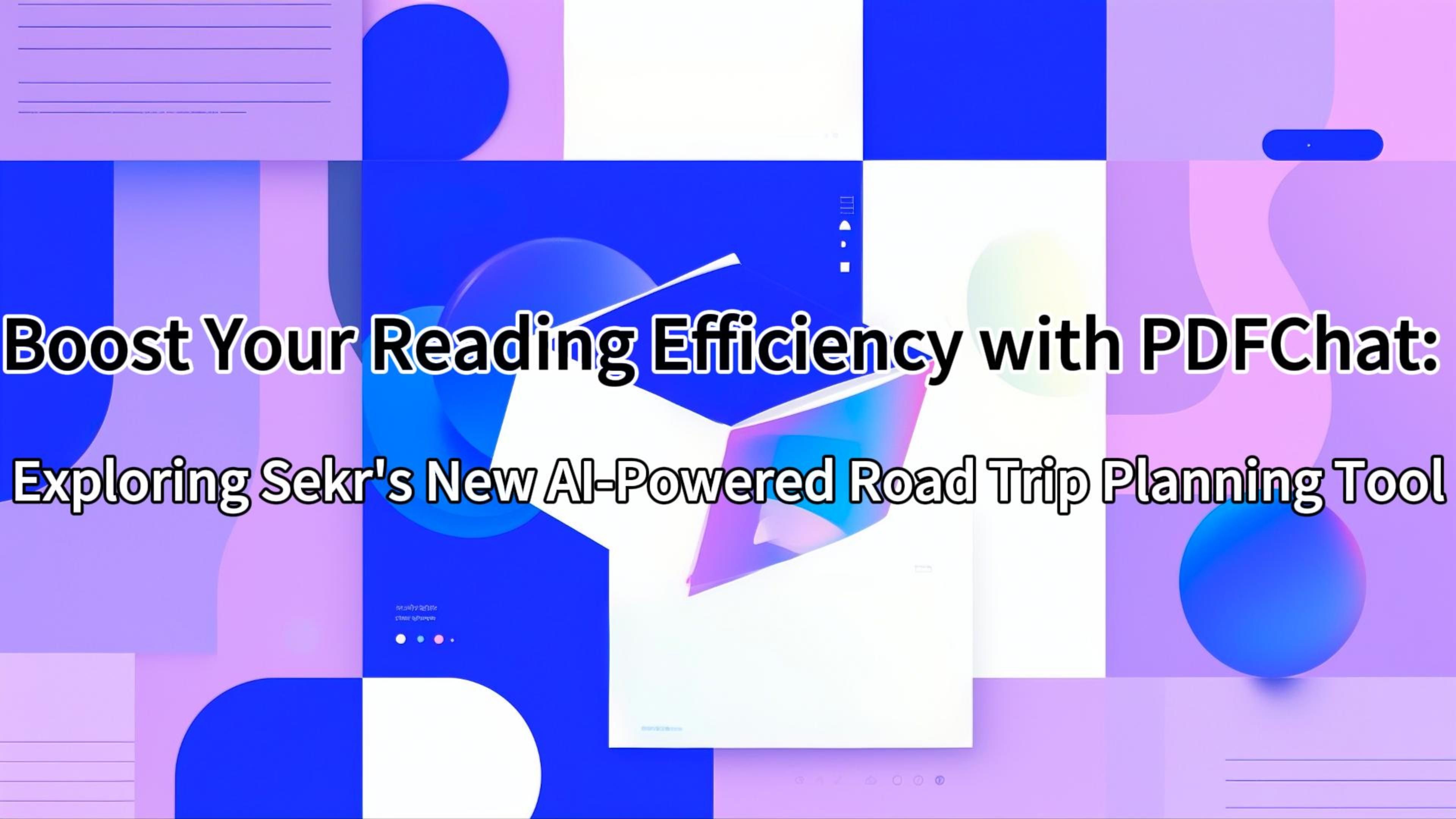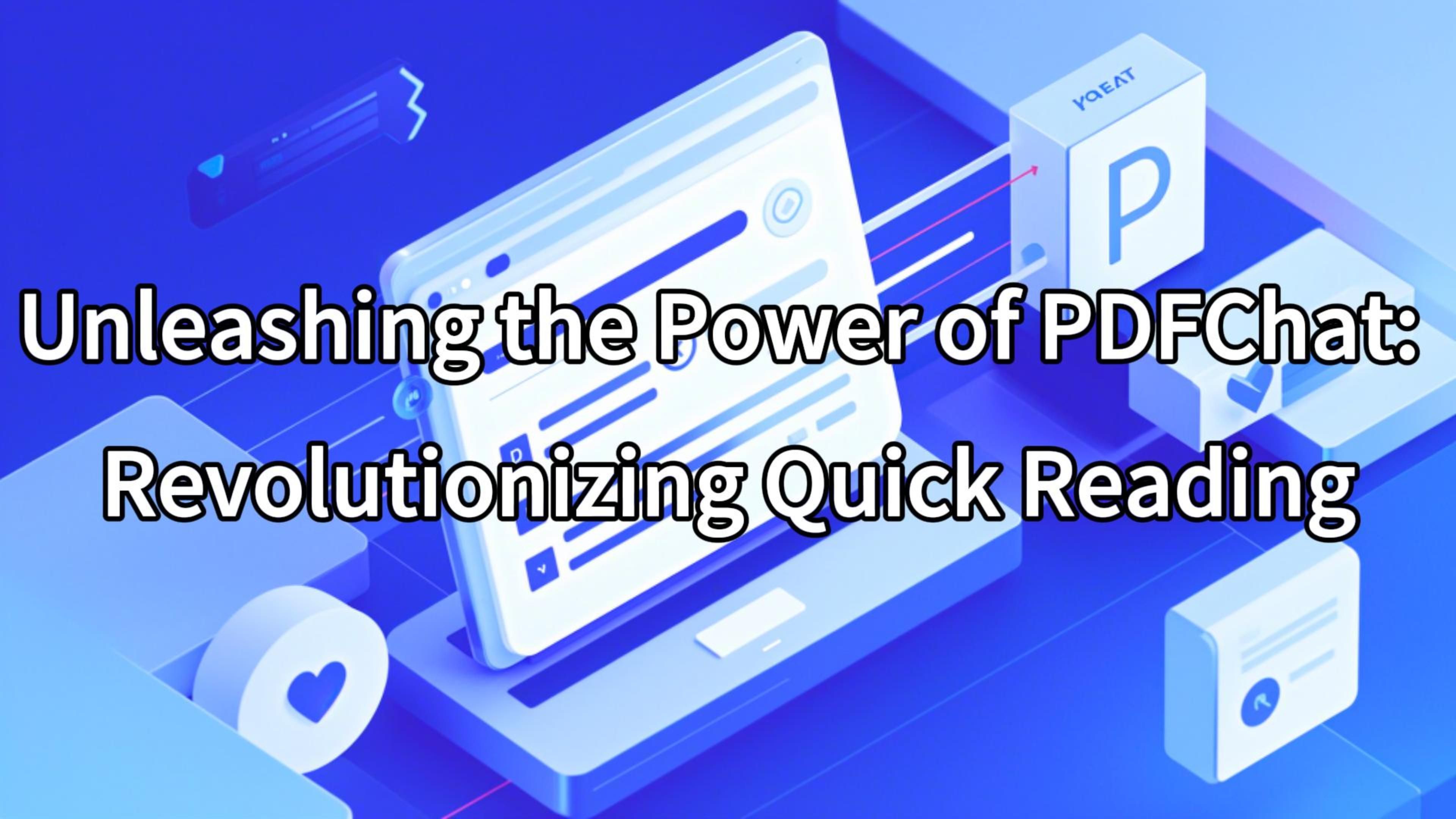Preventing AI Hallucinations with Fine-Grained Provenance in PDFChat
Artificial Intelligence (AI) has made remarkable strides in recent years, with advanced models like GPT-4 demonstrating an unprecedented ability to generate human-like text, solve complex problems, and assist in various industries. However, despite these advancements, a persistent issue plagues even the most sophisticated AI models—hallucination.
AI Hallucinations: The Persistent Challenge
AI hallucination refers to the phenomenon where a model generates information that is not based on the input data, essentially making things up. This can be particularly problematic in scenarios where accuracy and reliability are critical, such as in legal, medical, or academic contexts. Even with extensive training on vast datasets, AI models can produce outputs that are plausible-sounding but entirely fabricated. This undermines trust in AI systems, especially when users are unaware of the potential for such errors.
Recent studies have highlighted the frequency of these hallucinations, even in top-tier models. This has sparked discussions on how to mitigate the issue and ensure that AI-generated content is grounded in reality. One promising solution lies in the concept of fine-grained provenance, a feature that is becoming increasingly essential in AI tools like PDFChat.
Introducing PDFChat: Fine-Grained Provenance as a Solution
PDFChat, a product designed to assist users in extracting and interacting with information from PDF documents, offers a unique approach to combating AI hallucination. One of its standout features is fine-grained provenance, which allows users to trace the source of every piece of information generated by the AI. This feature ensures that the AI's responses are not only accurate but also verifiable, significantly reducing the risk of hallucination.
Fine-grained provenance works by linking the AI's output directly to specific sections of the source document. When a user queries a PDF, PDFChat not only provides an answer but also highlights the exact location in the document where the information was found. This transparency allows users to cross-check the AI's responses, ensuring that they are based on actual data rather than the model's speculative reasoning.
Why Fine-Grained Provenance Matters
In an era where misinformation can spread rapidly, the ability to verify the authenticity of AI-generated content is invaluable. Fine-grained provenance in PDFChat addresses this need by offering a layer of accountability that is often missing in other AI systems. Users can trust that the information they receive is rooted in the document they provided, reducing the likelihood of relying on incorrect or fabricated data.
This feature is particularly useful for professionals in fields that require precision and accuracy. For instance, legal practitioners can use PDFChat to navigate through extensive legal documents, confident that the AI's interpretations and summaries are grounded in the original text. Academics can rely on PDFChat to accurately cite sources, and medical professionals can use it to review research papers with the assurance that the AI's insights are traceable.
Conclusion
As AI continues to evolve, addressing the challenge of hallucination will be crucial for its widespread adoption and trust. PDFChat's fine-grained provenance feature offers a practical and effective solution, ensuring that AI-generated content is not only accurate but also verifiable. By providing users with the tools to trace the origins of information, PDFChat sets a new standard for reliability in AI-powered applications. This innovation is a significant step forward in building AI systems that users can trust, even in the most critical of tasks.

Related Articles
Revolutionizing Salmon Aquaculture with AI: How Tidal and ChatDOC Drive Sustainable Farming
This blog discusses the integration of ChatDOC, an AI-powered document management tool, into the aquaculture industry. It highlights how ChatDOC enhances operational efficiency by streamlining document management, improving compliance, and facilitating real-time collaboration. These features are crucial for sustainable and efficient salmon farming as the industry becomes increasingly data-driven with advanced technologies like those from Alphabet X's latest spinout, Tidal.


Exploring Sekr's New AI-Powered Road Trip Planning Tool
Explore how PDFChat enhances reading efficiency by quickly summarizing and extracting key information. Using a TechCrunch article on Sekr's AI road trip planning tool as an example, see how PDFChat saves time, improves understanding, and aids informed decision-making. Perfect for travelers and professionals alike, PDFChat is your go-to tool for staying informed and productive.


Unleashing the Power of PDFChat: Revolutionizing Quick Reading
PDFChat is an innovative tool that streamlines content extraction and enhances quick reading from PDFs, benefiting researchers, students, and professionals. Using True Fit's new generative AI feature as an example, the blog demonstrates PDFChat's ability to efficiently retrieve and summarize information, highlighting its practical applications and productivity benefits.

